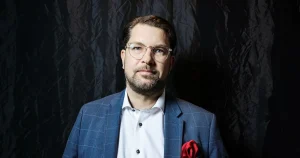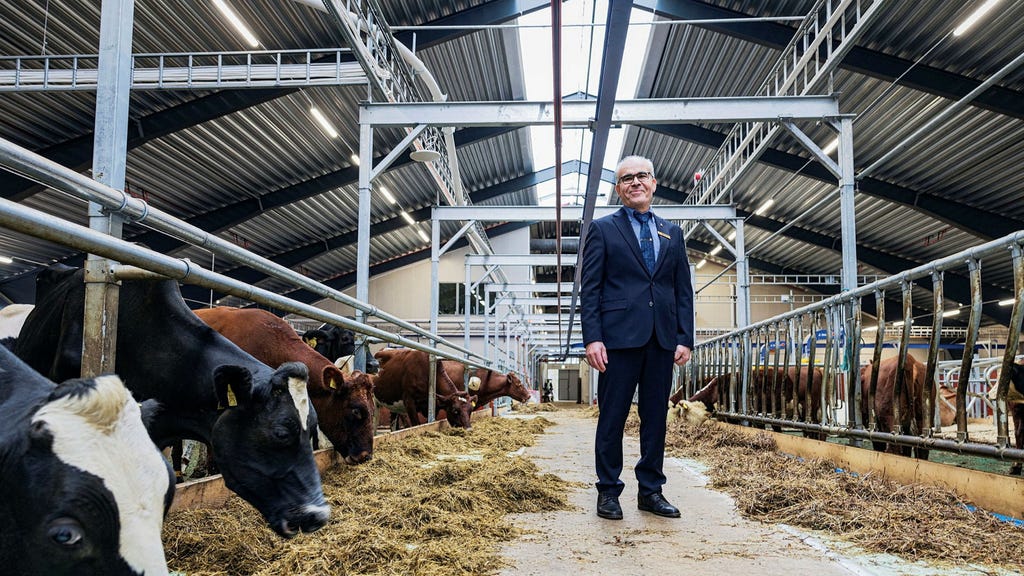Sweden’s Prison System Undergoes Unprecedented Expansion Amidst Challenges
Sweden’s prison system is experiencing a period of unprecedented growth, driven by stricter sentencing policies that have led to a surge in incarcerations and longer prison terms. This expansion, exemplified by the ongoing developments at Rödjan prison in Mariestad, presents significant challenges for the Swedish Prison and Probation Service (Kriminalvården), including maintaining the quality of rehabilitation programs, recruiting and training a rapidly expanding workforce, and ensuring the safety and well-being of both inmates and staff.
Rödjan, Sweden’s largest open prison, has tripled its capacity since 2021 and will soon house a new higher-security facility. This rapid expansion mirrors the nationwide trend within Kriminalvården, where construction of new prison spaces is ongoing to accommodate the growing inmate population. The agency projects a need to more than double its staff to approximately 33,000 employees within the next decade, rivaling the size of Sweden’s largest private employer, Volvo.
This massive expansion, however, has not been without its difficulties. A recent audit by the Swedish National Audit Office (Riksrevisionen) highlighted shortcomings in Kriminalvården’s ability to provide rehabilitation programs, a core component of its mission to prevent recidivism. In 2023, only one in five inmates completed such a program. The Riksrevisionen attributed this deficiency to a lack of adequate facilities and trained personnel. While Kriminalvården aims for 50% inmate participation in rehabilitation programs, the rapid influx of inmates makes achieving this target increasingly challenging. Balancing the need for increased capacity with maintaining the quality of these programs is a key concern.
Recruiting and retaining qualified personnel remains a critical challenge. While Kriminalvården has seen relative success in its recruitment efforts, this has come at a cost. Training programs have been shortened, and in some cases, entry requirements have been lowered. For example, at Rödjan, a high school diploma is no longer a prerequisite for employment as a prison guard. While prioritizing practical experience, this shift raises concerns about the long-term impact on the professionalism and expertise of the workforce.
To address the staffing shortage, Kriminalvården has implemented innovative programs to recruit individuals traditionally excluded from the labor market. A pilot project in Mariestad, in collaboration with the Swedish Public Employment Service, provides language training to individuals with limited Swedish proficiency, aiming to equip them for roles within the prison system. This initiative has shown promising results, with several participants successfully securing employment at Rödjan. These individuals bring valuable life experiences and perspectives to the workforce.
The expansion also brings increased pressure on the prison environment. Overcrowding and idleness among inmates can lead to increased tension and potential conflicts, posing risks to both staff and inmates. A recent report revealed that over a third of Kriminalvården employees experienced threats or violence in the past year. Addressing these safety concerns and providing meaningful activities for inmates are crucial for maintaining a stable and productive prison environment.
At Rödjan, efforts are underway to enhance inmate engagement through various vocational training programs, including welding, truck driving, and agriculture. A new barn provides opportunities for inmates to interact with livestock, offering a therapeutic outlet and potentially fostering a sense of responsibility. These initiatives aim to reduce idleness, provide inmates with valuable skills, and contribute to a more positive and productive atmosphere within the prison. The ongoing expansion of Sweden’s prison system presents a complex set of challenges, and the success of these initiatives will be crucial in ensuring the system’s long-term effectiveness and sustainability.














